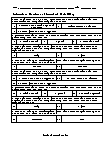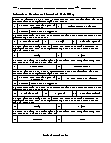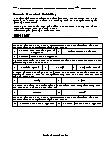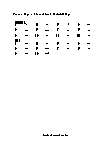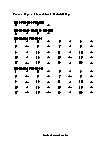Theoretical Probability Worksheets
What is Theoretical Probability? We all face situations where we have to guess whether an event is going to take place or not. Depending on the situation you face, we decide on the chances of occurrence of a particular event. In mathematics, the chances of occurrence of an event is known as the probability. Essentially, probability quantifies the chances of non-occurrences and occurrence of an event. Theoretical probability is the fundamental idea of probability. When we apply theoretical probability to predict the chances of an event taking place, we do not need to conduct an experiment. In theoretical probability, we only need to know the situation and have a basic idea of the occurrence of an event. Theocratical probability is defined as the ratio of the number of favorable outcomes to the number of possible outcomes. Probability of Even P(E) = Number of favorable outcomes/ Number of Possible outcomes. For instance, if we have to find out the probability of rolling a 4 on a fair die. We do not need to roll a die to know the probability. We already know that there are 6 possible outcomes when we roll a die. There are 1, 2, 3, 4, 5, and 6. Hence, using the formula for the theoretical probability: P(E) = Number of favorable outcomes/ Number of Possible outcomes. P(E) = 1/6. Therefore, the probability of rolling a 4 on a fair die is 1/6.
-
Basic Lesson
Introduces the concept of predicting probability in simple situations. What is the probability that you will pick an ace in a row out of a 52- card deck?
View worksheet -
Intermediate Lesson
This lesson focuses on determining the probability of random situations. A large bag of balls contains 3 orange balls, 6 blue balls and 8 red balls. If a ball is chosen at random, what is the probability of getting a blue ball?
View worksheet -
Independent Practice 1
Students practice with 20 Theoretical Probability problems. The answers can be found below. A die is tossed. It is a fair, unbiased die. List the outcomes for each event below and the probability of the event.
View worksheet -
Independent Practice 2
Another 20 Theoretical Probability problems. The answers can be found below. A class contains 14 boys and 16 girls. The teacher calls on students at random to recite. What is the probability that the first student called upon to recite is.
View worksheet -
Homework Worksheet
Reviews all skills in the unit. A great take home sheet. Also provides a practice problem.
View worksheet
Hungry?
What's the difference between -1/64 and starvation?
A: One means "i over eight."


